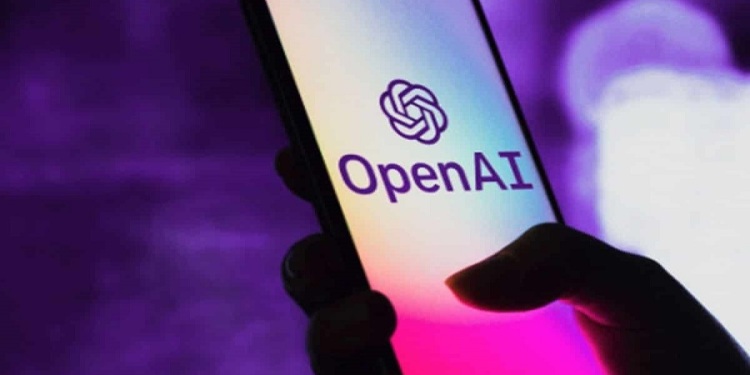OpenAI, a leader in artificial intelligence has unveiled a feature that allows corporate customers and developers to fine-tune its most advanced model, GPT-4o, using their own data at $25 from September 24, 2024.
In a blog post, the company announced that the new feature is now fully operational. Fine-tune custom version is designed to allow businesses and developers adjust the model’s responses to align with specific needs, such as modifying the structure and tone or following complex domain-specific instructions, available for GPT-4o.
Olivier Godement, OpenAI’s head of product for its API, highlighted the company’s efforts to simplify the fine-tuning process. “We’ve been extremely focused on lowering the bar, the friction, the amount of work it takes to get started,” Godement said.
Pricing details
The fine-tuning feature is available to all developers and companies on paid plans. To get started, users can visit the fine-tuning dashboard, choose the base model, and begin customizing GPT-4o.
OpenAI is offering 1 million free training tokens per day for each organization until September 23, 2024. After that, training costs $25 per million tokens, with inference priced at $3.75 per million input tokens and $15 per million output tokens.
For a more budget-friendly option, GPT-4o mini fine-tuning is also available, with 2 million free training tokens per day during the same period.
Key features of GPT-4o fine-tuning
- The fine-tuning process improves the model’s ability to handle structure, tone, and complex instructions, leading to better performance in specialized applications.
- The process typically takes only one to two hours, allowing for quick implementation of customizations.
- OpenAI has implemented robust safety protocols, including automated evaluations, to prevent misuse of fine-tuned models.
What this means
A company could fine-tune GPT-4o to become a specialized customer-service chatbot that answers detailed product questions. This can be done with just a small amount of training data, sometimes only a few dozen examples making it accessible and effective for a wide range of use cases.
According to the company, this capability has been one of the most requested features by developers and marks a major advancement in AI customization.
Data privacy
OpenAI disclosed that fine-tuned models remain fully under the user’s control, with complete ownership of business data, including all inputs and outputs.
The company stated that it has also implemented multiple layers of safety measures to ensure that fine-tuned models are not misused, including continuous automated safety evaluations and monitoring to ensure adherence to usage policies.












